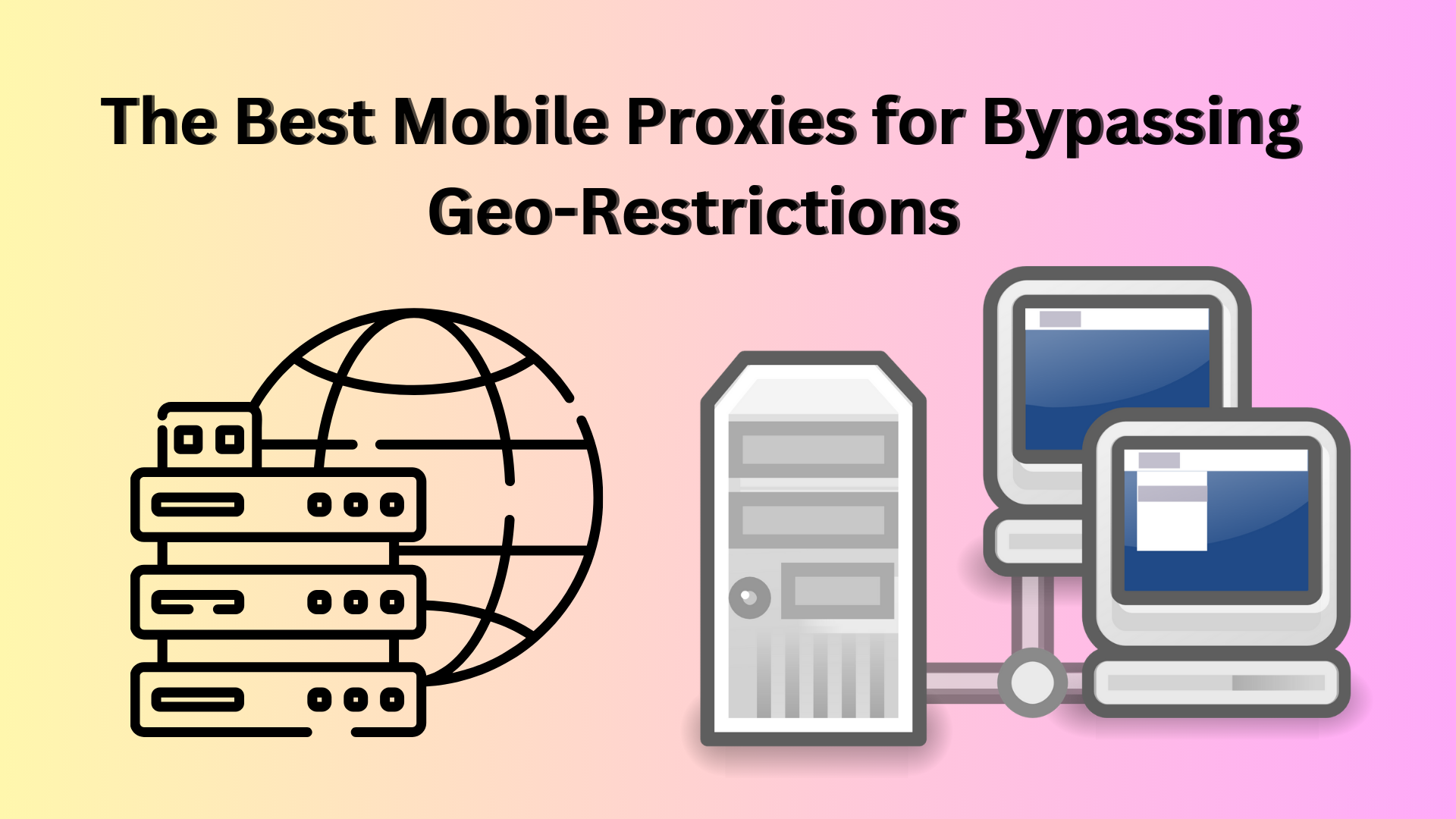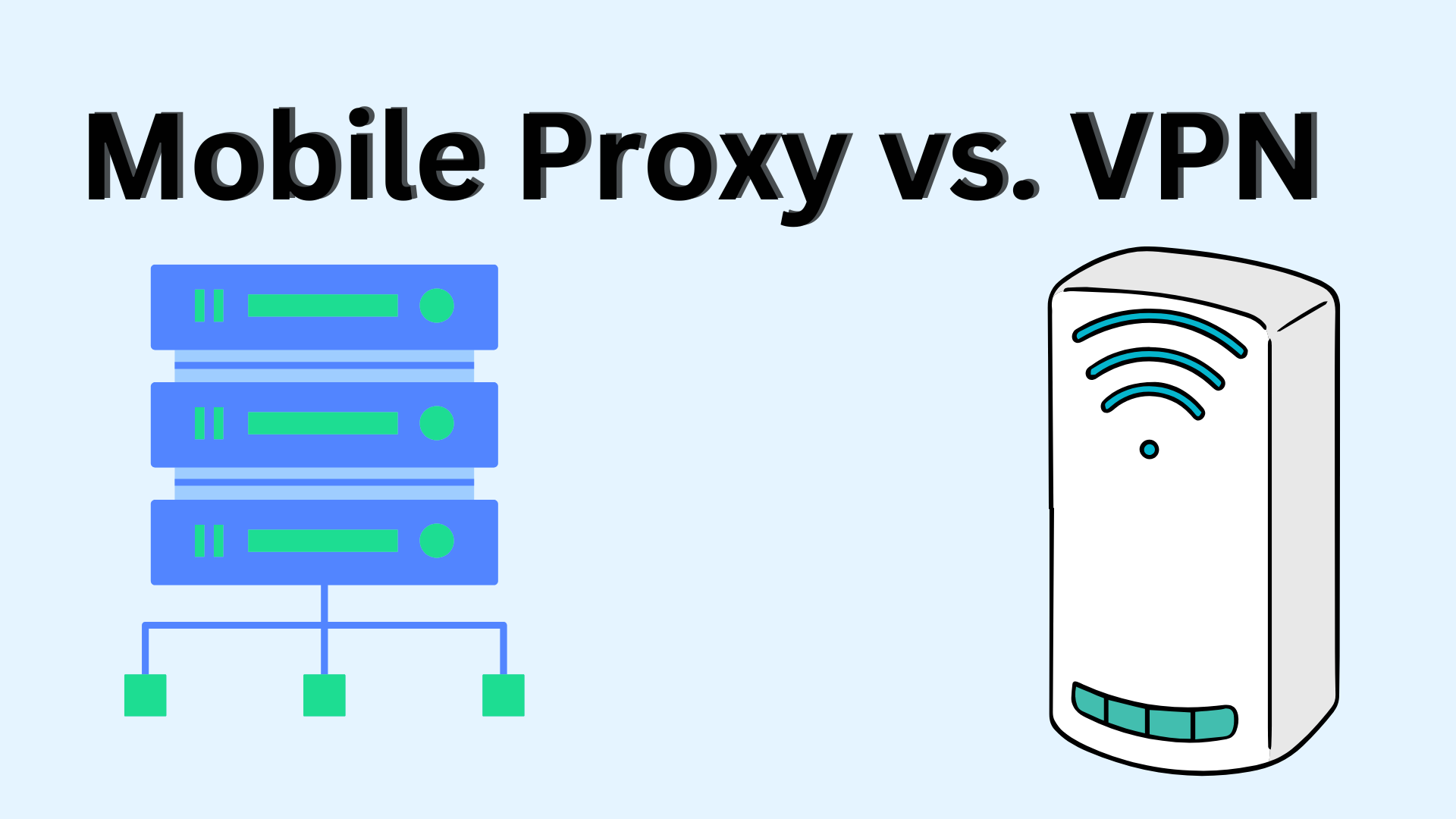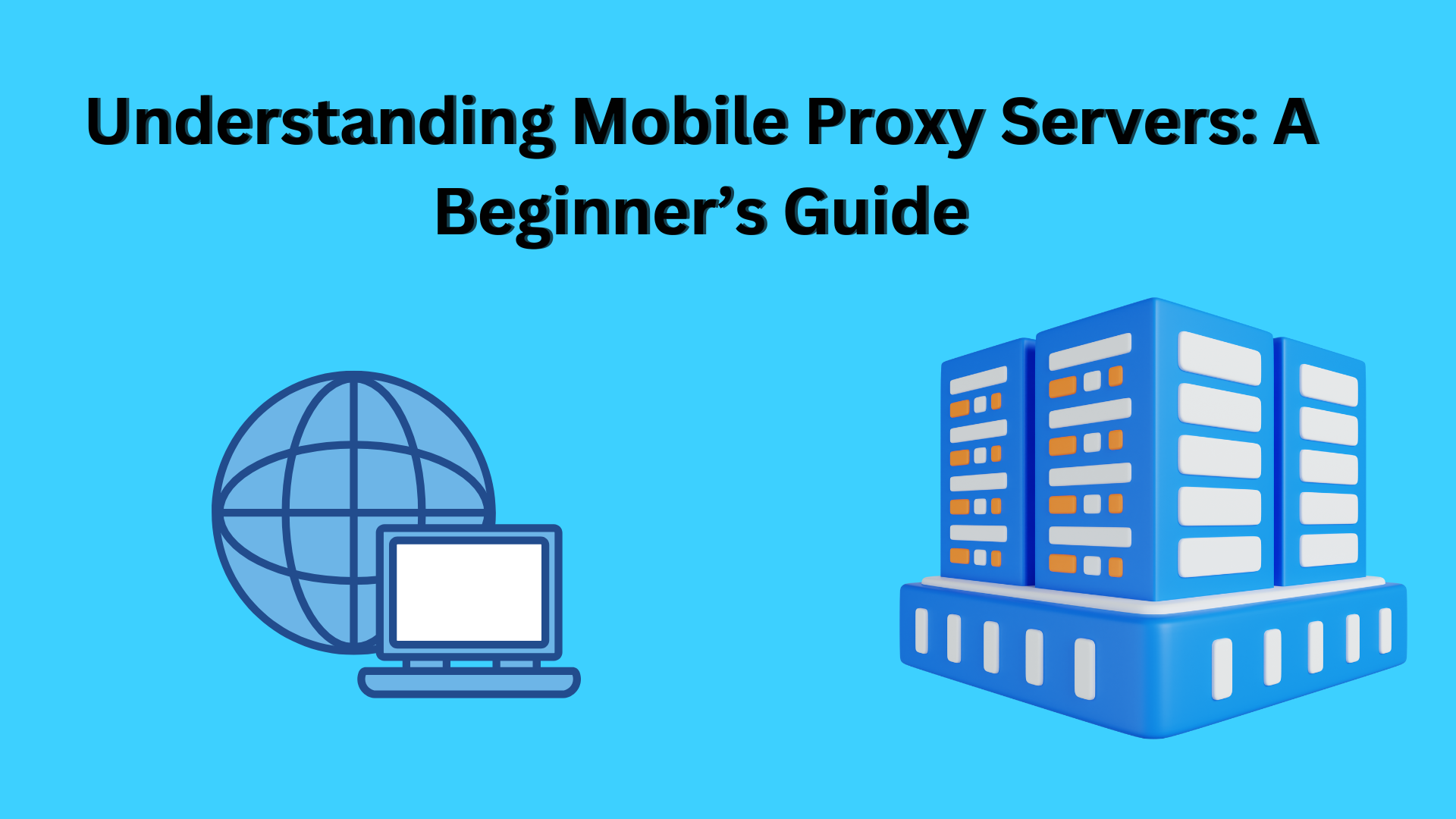In today’s digital age, accessing content from around the world should be as simple as clicking a button. However, geo-restrictions often stand in the way, limiting access to websites, streaming services, and other online resources based on your location. This is where mobile proxies come into play. By masking your IP address and routing your connection through a mobile network, these proxies enable you to bypass geo-blocks seamlessly. But with so many options available, how do you choose the best mobile proxy for your needs? In this article, we’ll explore the top mobile proxies for bypassing geo-restrictions in 2024, detailing their features, benefits, and how they work.
What Are Mobile Proxies?
Definition and Basic Functionality
Mobile proxies are a type of proxy server that routes your internet connection through mobile devices, using their IP addresses. These IPs are associated with mobile carriers, making them appear as though the traffic originates from a mobile network. This is particularly effective for bypassing geo-restrictions because it mimics real user behavior.
Types of Mobile Proxies
There are two main types of mobile proxies: 3G/4G LTE proxies and 5G proxies. The former uses traditional mobile networks, while the latter taps into the newer, faster 5G networks. Both types offer rotating IPs, which regularly change the IP address you’re using, enhancing your anonymity and reducing the likelihood of being blocked.
How Mobile Proxies Differ from Other Proxies
Unlike residential or data center proxies, mobile proxies use IP addresses that are dynamically assigned by mobile carriers. This makes them less likely to be flagged by websites, as they appear as legitimate mobile users. This distinction is crucial for bypassing geo-restrictions, where maintaining the appearance of a regular user is key.
How Geo-Restrictions Work
The Mechanism Behind Geo-Blocking
Geo-restrictions operate by detecting the IP address of your device and determining its geographic location. If the content you’re trying to access is restricted in your region, the website or service will block your access. This is commonly seen in streaming services, online retailers, and even some social media platforms.
Common Reasons for Geo-Restrictions
Websites and services impose geo-restrictions for various reasons, including licensing agreements, legal regulations, and regional marketing strategies. For instance, a streaming service might have different content libraries for different countries due to licensing agreements with content providers.
Examples of Geo-Restricted Content
Popular examples of geo-restricted content include Netflix libraries, BBC iPlayer, Hulu, and certain YouTube videos. Even some websites, like news outlets, restrict access based on location due to regional laws or commercial interests.
Why Use Mobile Proxies for Bypassing Geo-Restrictions?
Enhanced Anonymity and Security
One of the primary benefits of using mobile proxies is the enhanced anonymity they provide. By masking your IP address and rotating it frequently, mobile proxies make it extremely difficult for websites to track your online activity or block your access.
Avoiding IP Blocking and Throttling
Many websites use IP blocking or throttling to prevent access from certain regions or to manage traffic. Mobile proxies help you avoid these issues by constantly changing your IP address, making it harder for websites to identify and block you.
Access to Region-Specific Content
With mobile proxies, you can access region-specific content as if you were physically located in that region. This is particularly useful for accessing streaming services, shopping sites with region-specific deals, or even participating in region-locked online gaming.
Top Features to Look for in Mobile Proxies
High-Speed Connections
Speed is critical when using mobile proxies, especially for streaming or gaming. Look for providers that offer high-speed connections, particularly those using 5G networks, to ensure a smooth and uninterrupted experience.
Rotating IPs and Residential IPs
Rotating IPs are essential for maintaining anonymity and avoiding detection. Some mobile proxies also offer residential IPs, which are even less likely to be flagged as they are associated with real residential locations.
Compatibility with Various Devices and Platforms
Ensure that the mobile proxy service you choose is compatible with the devices and platforms you intend to use. Whether you’re on a smartphone, tablet, or computer, the proxy should integrate seamlessly with your system.
Reliability and Uptime
A reliable mobile proxy service should have a high uptime rate, ensuring that your connection is stable and uninterrupted. Check for services that offer 99.9% uptime or better.
Best Mobile Proxies for Bypassing Geo-Restrictions in 2024
Proxy Service 1: Features, Pros, and Cons
Features: High-speed 5G connections, unlimited bandwidth, rotating IPs
Pros: Excellent speed, great for streaming, user-friendly interface
Cons: Higher cost compared to other services
Proxy Service 2: Features, Pros, and Cons
Features: 4G LTE proxies, residential IPs, 24/7 customer support
Pros: Affordable pricing, strong customer support, reliable connections
Cons: Limited number of IPs available
Proxy Service 3: Features, Pros, and Cons
Features: Global coverage, rotating IPs, no logs policy
Pros: Extensive global network, strong privacy protection
Cons: Slower speeds in some regions
Proxy Service 4: Features, Pros, and Cons
Features: Multiple device support, easy setup, high uptime
Pros: Easy to use, works on all major devices
Cons: Limited customization options
Proxy Service 5: Features, Pros, and Cons
Features: 5G proxies, advanced security features, large IP pool
Pros: Excellent for high-security needs, extensive IP pool
Cons: Can be complex to configure for beginners
How to Set Up and Use Mobile Proxies
Step-by-Step Guide for Setting Up Mobile Proxies
- Choose a Proxy Service: Select a mobile proxy service that fits your





